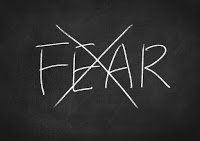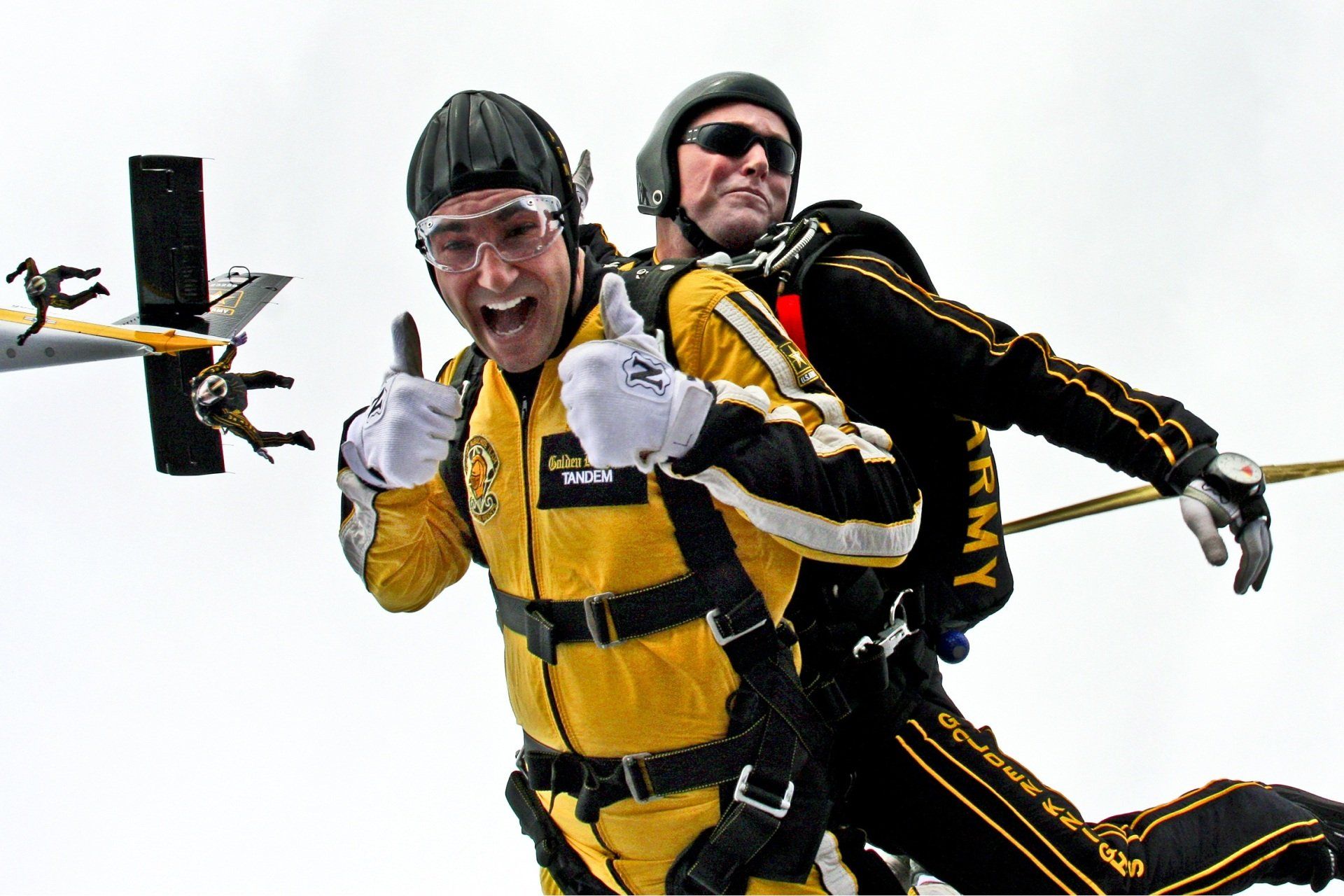Conquering fear of failure to live your best life
Fear is one of the most powerful emotions we have as humans

Fear is one of the most powerful emotions we have as humans. It's an evolutionary mechanism that's meant to protect us from danger and keep us safe, but it can also hold us back from pursuing our goals. Let's look at some different ways that fear might be affecting you in your day-to-day life right now - one is by stopping you from trying new things, and the other is making you afraid of failing at those new things once you do give them a try.
In the midst of our fears, we often make assumptions that are not true. We may think that failure is the end of the world or that it's just not worth the risk. The truth is that failure isn't something to be feared; it's something we can learn from and grow from in order to reach our goals.
In fact, research shows that people who take risks are happier and healthier than those who don't! So if you're afraid of failing at something new but really want it--try approaching your goal differently:
Instead of worrying about what could go wrong (which will just stress you out), focus on what would happen if everything went right instead. Imagine all the good things about achieving this goal--like how great it would feel or how proud others would be of you--and picture yourself achieving them over time (not right away). This will help build up your confidence so when it comes time for action, there won't be any hesitation because now everything feels possible!
Fear can be a powerful motivator. It can also hold you back from pursuing your goals. Fear of failure is a big reason why people don't try harder to achieve their dreams. But fear isn't always bad, and it doesn't have to keep you from living your best life. If you understand how fear works and how it affects you, then you can use it as a positive force to achieve what you want out of life.
Fear is an emotion that humans experience when they think something bad might happen in the future or if they believe there's danger present right now (like walking home alone at night). People feel this way because they think that by avoiding what they're afraid of (a scary person on the street), they will avoid any possible harm coming their way--or prevent themselves from feeling pain later on down the line if something bad does happen anyway!
How fear works in your brain
Fear is a natural response to danger. It's an important part of our brain's fight or flight response, which is hardwired into our brains. Fear helps keep us safe from harm and allows us to respond quickly when we're faced with danger.
The fear response starts in the amygdala, which is an almond-shaped structure deep inside your brain that processes emotions like fear and anger (1). When you're exposed to something that could be dangerous--like a snake slithering across your path--this region activates other areas of your brain that send signals throughout the body so you can react quickly (2). This triggers an increase in heart rate and blood pressure; dilates pupils; increases sweating; shuts down nonessential functions such as digestion; diverts blood flow away from extremities toward muscles needed for fighting or running away; increases alertness by slowing down breathing rate while increasing breath depth (3); sends messages through nerves leading up into arms so they become tense with muscles ready for action if needed (4).
This protective mechanism works great when there really is something dangerous happening around us...but sometimes things aren't always so clear cut.
One thing that science has shown us about fear is that it's hardwired into our brains. We've evolved over thousands of years to have a strong sense of fear because it helps keep us safe from danger. It's what drives us away from something when we're in danger or towards something when there's food nearby or shelter from the rain. But this same instinctual response to danger can cause some problems for us today if we're not careful about how we manage it.
How does it affect me?
Fear is a powerful emotion. It's what keeps us safe and helps us avoid danger, but sometimes it can have a negative impact on our lives as well. Fear of failure, for example, can keep you from trying something new or doing something that could make your life better.
It's important to remember that fear isn't always bad--it's hardwired into our brains because it helps us stay safe! But sometimes our fears are irrational or out-of-date (like worrying about getting attacked by a bear), which means they don't serve any purpose anymore and only hold us back from achieving our goals.
There are at least two ways that fear might be affecting you in your day-to-day life right now - one is by stopping you from trying new things, and the other is making you afraid of failing at those new things once you do give them a try.
Fear can be a powerful motivator. It can keep us safe, and it can cause us to do things we wouldn't normally do. But if fear is causing you to avoid trying new things or give up too easily when things don't go your way, then it's time for you to take action.
There are at least two ways that fear might be affecting you in your day-to-day life right now - one is by stopping you from trying new things, and the other is making you afraid of failing at those new things once you do give them a try.
Conclusion
There are some things you can do to manage your fear and live a more fulfilling life. The first is finding ways to challenge yourself in small ways that allow you to build up your confidence over time before taking on bigger challenges later on down the road. This could involve trying out new activities like rock climbing or salsa dancing with friends, doing something scary like skydiving or bungee jumping once every few months instead of never having done anything like it at all!








